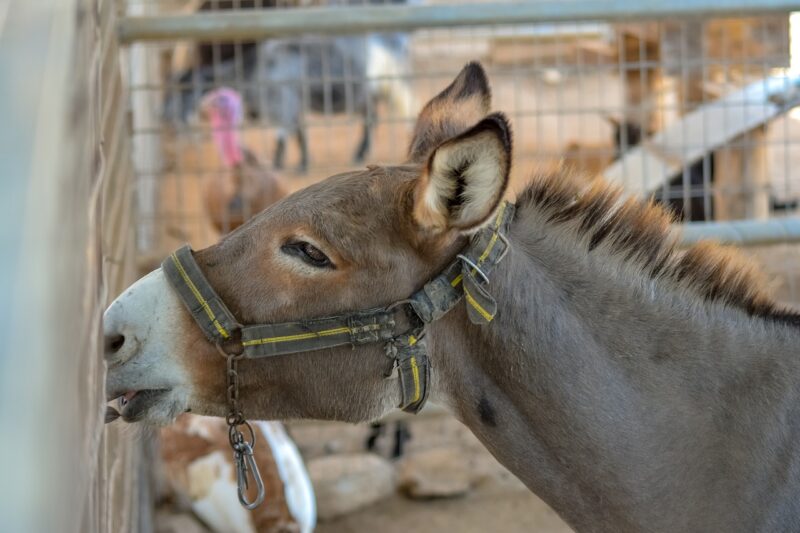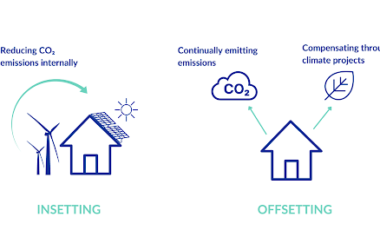Animal rights have been a topic of great importance and debate for many years. This article delves into the various aspects of animal rights, exploring its historical evolution, the moral imperative behind it, legislation and welfare measures, and the ethical dilemmas faced in industries like animal testing and factory farming. We will also discuss the role of veganism and vegetarianism, the impact of animal rights activism, and the connection between animal rights and human rights.
Table of Contents
- 1. The Historical Perspective of Animal Rights
- 2. The Moral Imperative of Animal Rights
- 3. Legislation and Animal Welfare
- 4. Animal Testing and Ethical Concerns
- 5. Factory Farming: A Cruel Reality
- 6. Wildlife Conservation and Animal Rights
- 7. The Role of Veganism and Vegetarianism
- 8. Animal Rights Activism: Voices for Change
- 9. Animal Rights in the Entertainment Industry
- 10. Pets and Responsible Ownership
- 11. The Link Between Animal Rights and Human Rights
- 12. The Ethical Dilemma of Zoos
- 13. The Future of Animal Rights
- 14. Conclusion
1. The Historical Perspective of Animal Rights
The concept of animal rights traces its roots back to ancient civilizations, where some cultures revered and protected certain animals. However, it was not until the 19th century that the modern animal rights movement gained momentum. Figures like Henry Bergh and the founding of the ASPCA marked a turning point in the treatment of animals.
2. The Moral Imperative of Animal Rights
Animal rights are fundamentally rooted in the moral imperative to treat animals with compassion and respect. This section explores the philosophical and ethical arguments that underpin the belief that animals have inherent rights to live free from unnecessary suffering.
3. Legislation and Animal Welfare
In response to the growing awareness of animal rights, governments around the world have enacted legislation to protect animals from cruelty. We’ll delve into some of the key laws and regulations that aim to safeguard animal welfare.
4. Animal Testing and Ethical Concerns
The use of animals in scientific research has long been a contentious issue. This section examines the ethical concerns surrounding animal testing and explores alternative methods that reduce the need for animal experimentation.
5. Factory Farming: A Cruel Reality
Factory farming practices have come under scrutiny for their treatment of animals. We’ll discuss the conditions in these facilities and the push for more humane and sustainable farming methods.
6. Wildlife Conservation and Animal Rights
Conservation efforts play a crucial role in protecting the rights of wild animals. This section highlights the importance of wildlife conservation and the challenges faced in preserving natural habitats.
7. The Role of Veganism and Vegetarianism
Many individuals choose plant-based diets as a way to align with their beliefs in animal rights. We’ll explore the impact of veganism and vegetarianism on animal welfare and the environment.
8. Animal Rights Activism: Voices for Change
Activists and organizations dedicated to animal rights have made significant strides in raising awareness and advocating for change. This section profiles some influential voices and campaigns in the animal rights movement.
9. Animal Rights in the Entertainment Industry
The entertainment industry has often exploited animals for various forms of entertainment. We’ll discuss the ethical concerns surrounding animals in film, circuses, and other forms of entertainment.
10. Pets and Responsible Ownership
While many people cherish their pets, responsible pet ownership is an essential aspect of animal rights. We’ll provide insights into how individuals can ensure the well-being of their animal companions.
11. The Link Between Animal Rights and Human Rights
There exists a profound connection between animal rights and human rights. We’ll explore how the treatment of animals can impact human society and why advocating for both is crucial.
12. The Ethical Dilemma of Zoos
Zoos raise questions about the ethical treatment of animals in captivity. This section discusses the challenges faced by zoos and the ongoing debate about their role in conservation and education.
13. The Future of Animal Rights
The future of animal rights is a dynamic and evolving landscape. In this section, we’ll speculate on the potential developments and advancements in the field of animal rights.
14. Conclusion
In conclusion, animal rights represent a call for compassion and conservation. As society becomes more aware of the ethical and moral obligations we have towards animals, the movement for animal rights continues to gain momentum. It is our collective responsibility to ensure that animals are treated with the respect and dignity they deserve.
Similar Articles
- Animal Extinction: The Alarming Crisis
- Animal Cruelty: Causes, Effects, and Prevention
- Understanding Animal Abuse: Causes, Impacts, and Prevention
FAQs (Frequently Asked Questions)
What are animal rights? Animal rights are the belief that animals have inherent rights to live free from unnecessary suffering and exploitation.
How can individuals support animal rights? Individuals can support animal rights by adopting a plant-based diet, advocating for legislation that protects animals, and supporting animal welfare organizations.
Why is factory farming criticized in relation to animal rights? Factory farming is criticized because it often involves overcrowded and inhumane conditions for animals, leading to their suffering.
What is the connection between animal rights and human rights? The connection lies in the understanding that the way we treat animals can have an impact on human society, including issues related to health, ethics, and environmental sustainability.
Are there alternatives to animal testing in research? Yes, there are alternative methods such as in vitro testing and computer modeling that can reduce the need for animal experimentation.
In conclusion, advocating for animal rights is not only a matter of ethics but also a reflection of our values as a society. It is our responsibility to protect and preserve the well-being of animals, as they share this planet with us. By supporting animal rights, we pave the way for a more compassionate and sustainable future for all living creatures.










